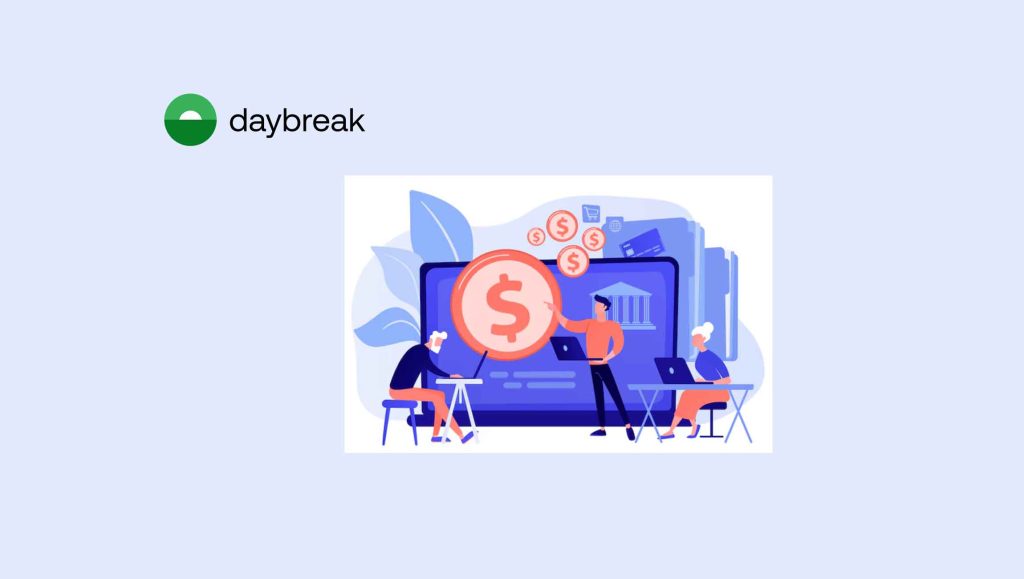With the inevitable demise of cookies on the horizon, it is clear that we are witnessing the widespread decline of ubiquitous identity-based advertising. As developers around the world transition away from cookie-based monetization, many are discovering a new source of revenue that is both privacy-centric and sustainable: selling anonymized data.
The market demand for anonymized data has never been stronger and represents a billion-dollar untapped market. Over the past five years, advances in data analysis and artificial intelligence have created a variety of new uses for anonymized datasets. While hedge funds were the early adopters in this space, other industries have seen the light, and have begun to invest in the robust infrastructure and expensive talent needed to extract value from this type of asset. The entire business intelligence category is expanding, so the demand for anonymized data will undoubtedly continue to increase dramatically for the foreseeable future..
Read More: SalesTechStar Interview with Brad Copeland, Vice President of Sales at Productsup
Anonymized data is the future of developer monetization and business intelligence, but is it better to try to manage it yourself, or is it better to partner with data specialists?
Structured vs. Unstructured Data – How to best proceed
If you can no longer sell data based on matched cookie IDs for targeting, how do you begin valuing your data? To any company looking to sell – or buy – large datasets, the first piece to consider is the format of the data itself: is your data structured or unstructured?
Using clickstream data as our example, unstructured data, put simply, is data in as raw a form as possible. Unstructured data will contain almost every click on a domain or set of domains and necessitates a data science team to refine that data into behavioral click events ready for a custom data architecture. Unstructured data is potentially more powerful and flexible than structured data but it also requires more resources to manage and optimize.
One example of unstructured clickstream data’s use is for market intelligence – being able to take giant datasets and find patterns in anonymized customer behavior can determine what marketing campaigns will resonate with specific target audiences even though you are no longer targeting on a 1:1 basis. Scale and representativeness are probably the most important components here…anonymized unstructured data for a few thousand internet users doesn’t get you very far, but a few million? In the right data science hands, this information could really be something for your bottom line.
Structured data is raw information that has been cleaned, processed, and translated into a commonly used technical parlance. For many companies, organizing unstructured data into a digestible format can be more trouble than it’s worth. Structured data provides insight-hungry companies with what they need without being wholly reliant on their data science team to build everything from scratch. While mature machine learning and artificial intelligence expertise are prerequisites to extract value from unstructured data, less resource-intensive options become available to you if you start with a more refined set of materials.
Once you’ve established what type of data offering your team can support and/or achieve via partnership, and you’ve gamed out the market value of each version, you can focus on the next priority on your list…How do I get this data stamped as compliance approved and ready for consumption?
Compliance – This is where the investment really begins
For developers, the transition from cookie-based data sales to one that prioritizes anonymity cannot be done without a clear understanding of the ever-evolving compliance and privacy landscape. It’s one thing to gather a lot of anonymized data, it’s a whole other thing to ensure your data gathering and sales apparatus is set up to stave off disaster down the line. Mistakes in this space can be enormously costly, so choosing the right strategy and the right partners will be crucial to the long-term viability of the revenue channel.
Legal investment is usually the first hurdle and is traditionally the most important piece. Legal requirements around data are complex, and investing in $1000+ hour specialized legal counsel can be a non-starter for most. This becomes especially problematic if you are just dipping your toe into the data sales marketplace…if anonymized data sales are a tertiary revenue stream for you, the juice of the legal investment here will never be worth the squeeze.
The truth is that there are many datasets out there that have been gathered irresponsibly or quasi-legally. Further, as illustrated with Google’s cookie deprecation, the regulation around privacy and data is swinging further and further towards erring on the side of caution over a “Wild West”-style internet. This means that in the future, compliance will likely become even more complicated – and even more regulated.
Data Sales – where the investment can get over on you
Let’s assume that you’ve reached this point in the planning process – you’ve thought through how your data best translates into feeds, you’ve considered investing a king’s ransom in legal and compliance advice, and you’re ready to sell – where do you begin? This is usually where most data owners hit the planning wall. It is cost-prohibitive to fund an entire sales division for a product that is probably delivering you passive revenue as a subset of your main business.
Do not despair though, as there are options. Although your data asset may not beget its own apparatus, there are partners available to you that have already made these investments on your behalf, you just need to get your data into their capable hands. You do not have to go millions of dollars into the hole just on the off chance that you could find success.
Moving forward
No one knows what the future holds. In 2018, almost no one thought that cookies would be deprecated in a short few years. Compliance and regulation regarding data and consumer privacy has shifted dramatically, and the tea leaves show the potential for even grander shifts in the future. Even with this sea change, the technical and personnel investment to smoothly transition on your own into uncharted territory is daunting, and oftentimes, out of reach. But with the right strategy and the right partners on your side, the impossible suddenly becomes possible.
Your cookie-based data business may be coming to an end, but your data sales renaissance may just be getting started.




















